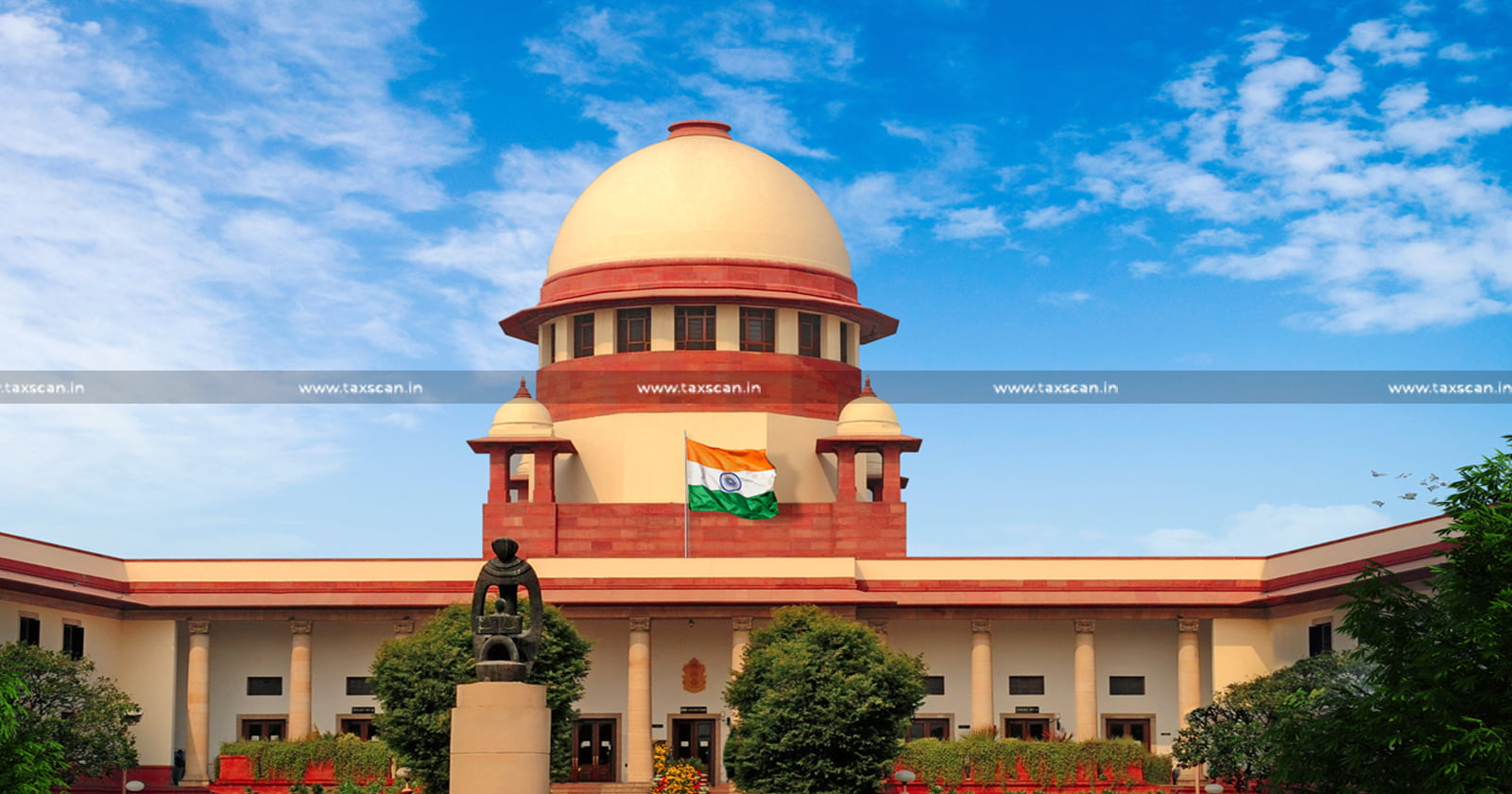Vacant Positions in Company Law Tribunals Delay Insolvency Resolutions: Supreme Court
The National Company Law Tribunal (NCLT) currently operates with 43 members out of its authorised strength of 63

Vacant Positions – Company Law Tribunals – Delay Insolvency Resolutions – Supreme Court – taxscan
Vacant Positions – Company Law Tribunals – Delay Insolvency Resolutions – Supreme Court – taxscan
The Supreme Court has held vacant positions in Company Law Tribunals Delay Insolvency Resolutions. The National Company Law Tribunal (NCLT) currently operates with 43 members out of its authorised strength of 63.
The court drew attention to the shortage of members in the National Company Law Tribunal (NCLT) and the National Company Law Appellate Tribunal (NCLAT), highlighting that these vacancies and inadequate infrastructure are oppressing the insolvency resolution process. This issue was pointed out by ex-CJI DY Chandrachud with Justices JB Pardiwala and Manoj Misra, during a recent hearing where the top court ordered the liquidation of the beleaguered airline, Jet Airways.
The Supreme Court pointed out that limited tribunal member numbers and inadequate support facilities have restricted tribunal operations, with many sessions only held for a few days per week or a limited number of hours each day.
Complete Supreme Court Judgment on GST from 2017 to 2024 with Free E-Book Access, Click here
According to the Insolvency and Bankruptcy Board of India, the average time taken for insolvency resolutions increased to 716 days in the financial year 2023-24 from 654 days in 2022-23.
Despite a consultation paper released in 2023 proposing amendments to the Insolvency and Bankruptcy Code, no changes have been implemented yet. The suggested amendments are aimed at improving the efficiency, transparency, and effectiveness of the insolvency resolution process. They cover various aspects of the code, including streamlining resolution timelines, enhancing creditor protections, and possibly expanding the powers of the Insolvency Resolution Professionals (IRPs) and Resolution Professionals (RPs).
The delay in implementing proposals could be due to the need for additional examination or due to differing opinions among stakeholders.
Support our journalism by subscribing to Taxscan premium. Follow us on Telegram for quick updates


